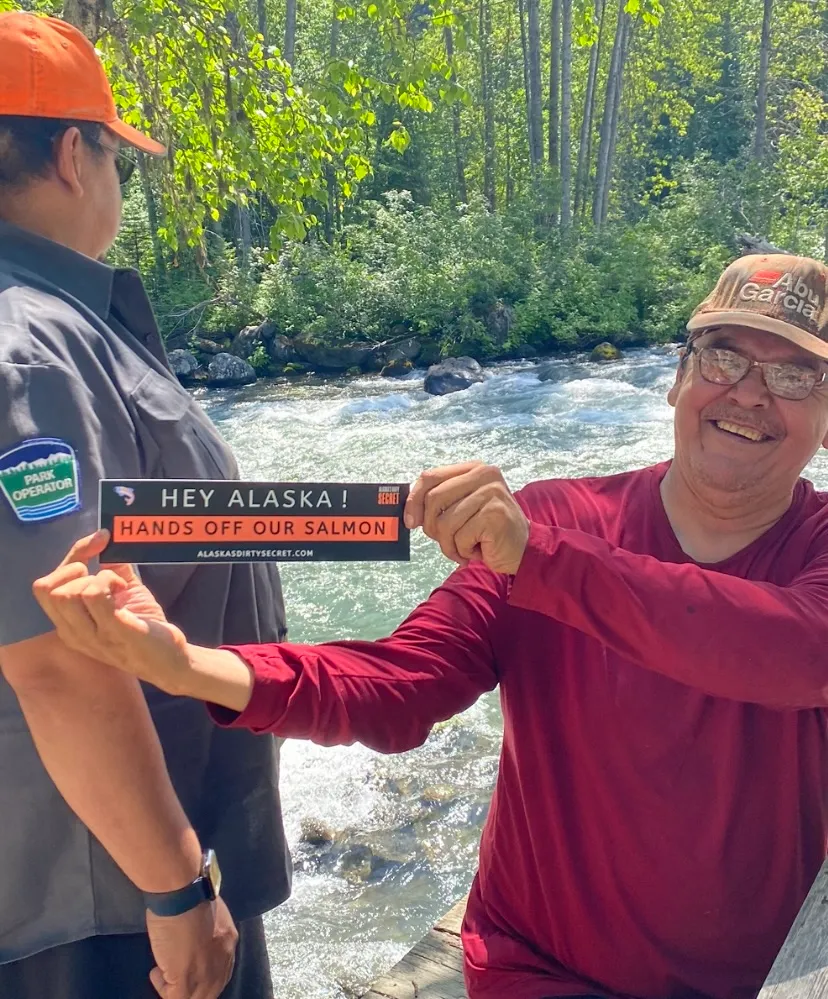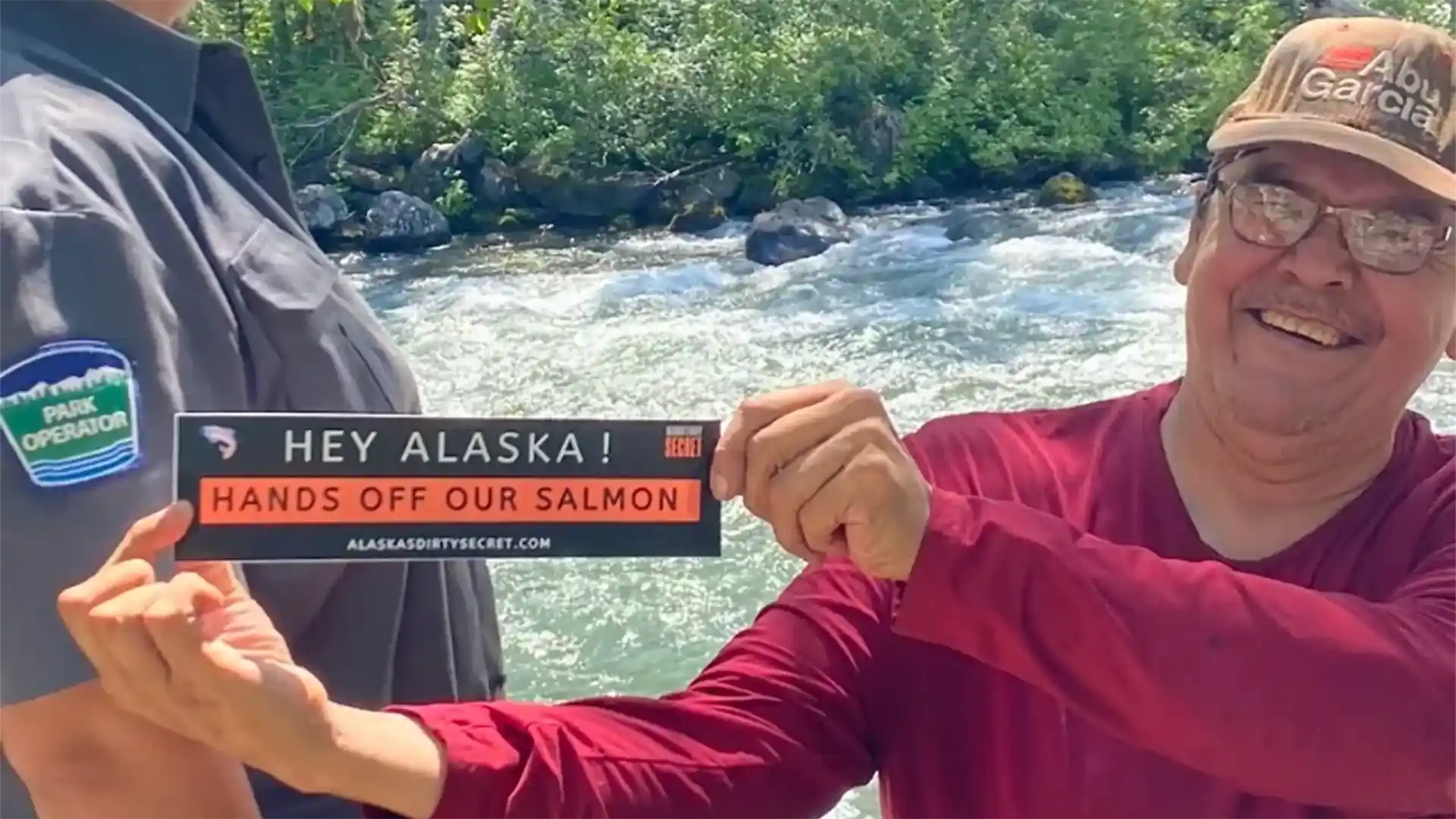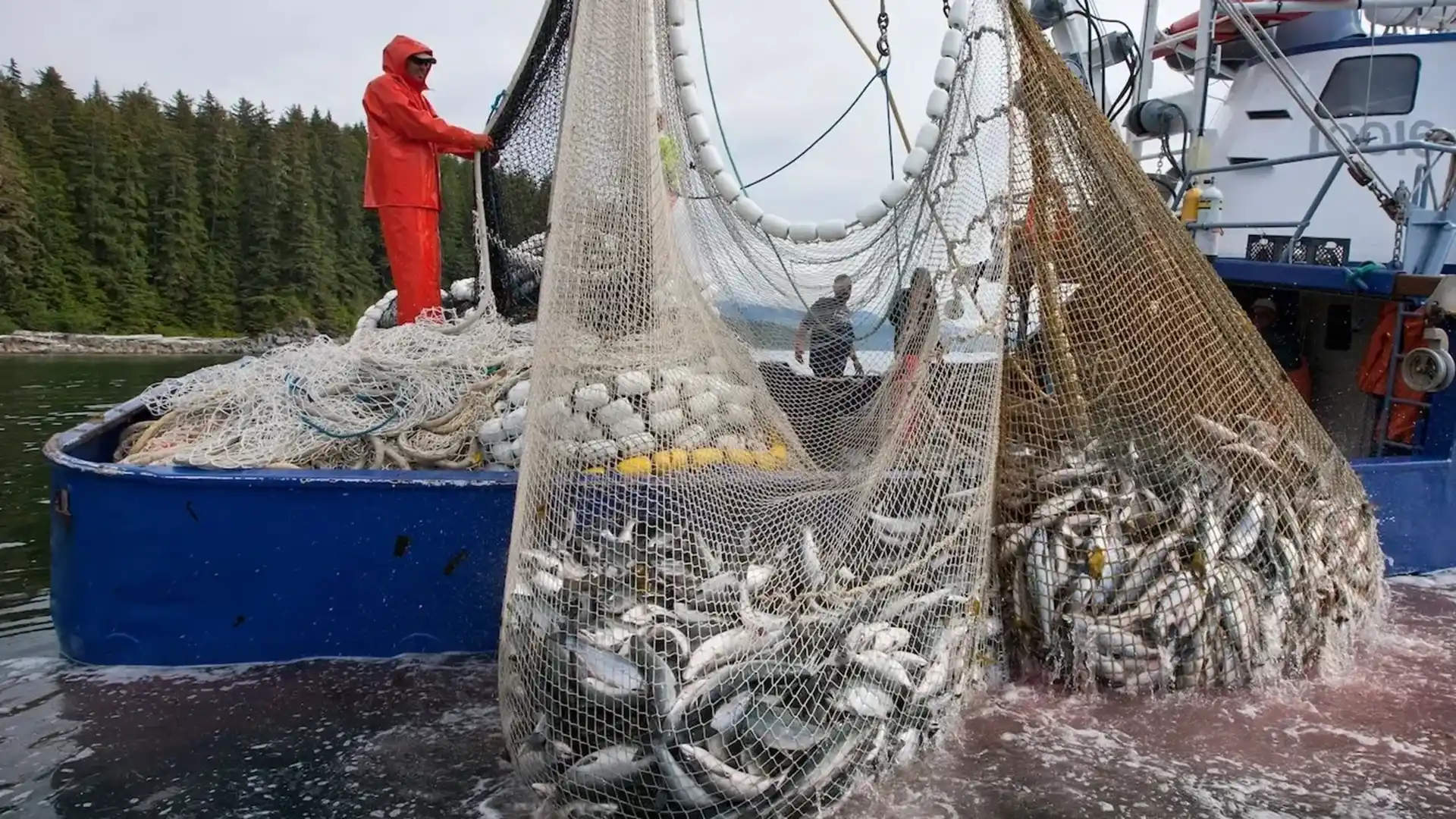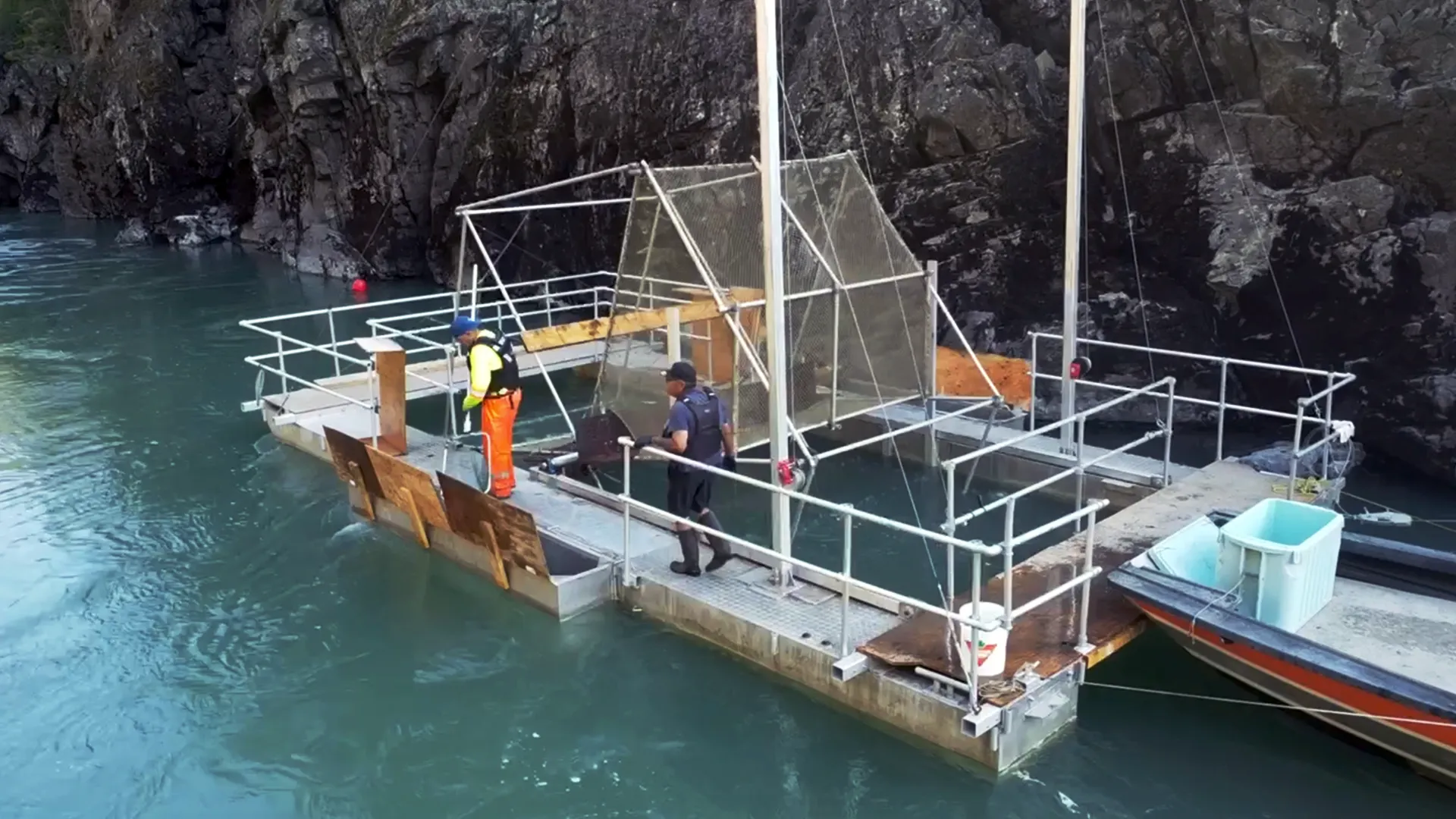Alaska salmon fishery objection dismissal ‘seriously undermines’ MSC credibility
Watershed Watch, Raincoast Conservation and SkeenaWild’s objection to SE Alaskan fisheries’ sustainable rating was rejected this week.
Raincoast Conservation Foundation, SkeenaWild Conservation Trust, and Watershed Watch Salmon Society are speaking out against an adjudicator’s decision to uphold the Marine Stewardship Council’s (MSC) misleading certification of the Alaska salmon fishery as “sustainable.”
The Canadian conservation groups filed a formal objection to the MSC’s recertification of the Alaska salmon fishery earlier this year and presented arguments at a hearing in September. On October 29, an independent adjudicator appointed by the MSC issued their decision to dismiss the objection, which means that salmon caught in southeast Alaska will continue to be certified by the eco-label despite the evidence presented against it.
Kaitlin Yehle, a fisheries biologist with SkeenaWild, said “the adjudicator’s decision was disappointing but not surprising.”
The objection, filed in April, outlined how the assessment of the fishery significantly underestimates impacts on endangered, threatened, and protected populations of salmon and steelhead in British Columbia, Washington, and Oregon, as well as endangered Southern Resident killer whales. The assessment, now accepted by the MSC, acknowledges that up to 97 percent of Chinook salmon caught in the southeast Alaska troll fishery originate from rivers outside Alaska, many of which are important sources of food for endangered Southern Resident killer whales. A U.S. District Court ruling in 2022 found that the effectiveness of mitigation measures designed to offset the fishery’s impacts on Southern Resident killer whales were inadequately assessed.
The objection, filed in April, outlined how the assessment of the fishery significantly underestimates impacts on endangered, threatened, and protected populations of salmon and steelhead in British Columbia, Washington, and Oregon, as well as endangered Southern Resident killer whales. The assessment, now accepted by the MSC, acknowledges that up to 97 percent of Chinook salmon caught in the southeast Alaska troll fishery originate from rivers outside Alaska, many of which are important sources of food for endangered Southern Resident killer whales. A U.S. District Court ruling in 2022 found that the effectiveness of mitigation measures designed to offset the fishery’s impacts on Southern Resident killer whales were inadequately assessed.
“A U.S. District Court determined that the fishery contributes to the decline of Southern Residents by depriving them of a food source, yet the MSC calls this fishery ‘sustainable’. This should be alarming for consumers who seek trusted assessments,” said Misty MacDuffee, Wild Salmon Program Director with Raincoast.
“We are unfortunately not surprised by this outcome, given the MSC’s weak standards and that every stage of the certification process favours the fishing industry,” said Aaron Hill, executive director of Watershed Watch Salmon Society. “The elaborate nature of the evaluation process gives it a veneer of rigour, but the outcome favours the industry clients who pay big bucks to get their fisheries certified.”
The Marine Stewardship Council has been widely criticized by conservationists for giving its vaunted blue check mark to unsustainable fisheries. The vast majority of the MSC’s revenue comes from fishing industry licensing fees, and the fisheries are certified by for-profit companies that are chosen and hired by the industry. While the MSC claims that its objection procedure is transparent and effective, it rarely leads to any change, as about 95 percent of objections are dismissed. The World Wildlife Fund, which first established the MSC in 1997, is now among many organizations calling the eco-label out for flaws in its certification and objection process that lead to devastating impacts on threatened fish populations.
“Both the MSC and the Alaska salmon fishery had an opportunity here to demonstrate that they are actually committed to sustainable fishing, as they both claim, but instead proved the opposite – that their labels are meaningless marketing scams,” said Greg Knox. “The MSC’s failure to address these overfishing problems in Alaska seriously undermines its credibility.”

Press Contact:
Greg Knox
Executive Director, SkeenaWild Conservation Trust
1-250-615-1990
Aaron Hill
Watershed Watch Salmon Society
1-250-818-0054
Misty MacDuffee
Raincoast Conservation Foundation
1-250-818-2136
Kaitlin Yehle
Fisheries Biologist, SkeenaWild Conservation Trust
1-778-789-9191
Take Action
Defend Wild Salmon Now
Other News

Legal Challenge Filed Against Decision Allowing KSM Mine to Proceed
KSM Gold Mine Judicial Review Legal Challenge Filed Against Decision Allowing KSM Mine to Proceed The proposed mine threatens Nass and Unuk watersheds, relies on…

Alaska salmon fishery objection dismissal ‘seriously undermines’ MSC credibility
Alaska salmon fishery objection dismissal ‘seriously undermines’ MSC credibility Watershed Watch, Raincoast Conservation and SkeenaWild’s objection to SE Alaskan fisheries’ sustainable rating was rejected this…

B.C. NGOs head to Seattle for final step in their objection to the certification of southeast Alaska salmon fisheries
B.C. NGOs head to Seattle for final step in their objection to the certification of southeast Alaska salmon fisheries Alaska’s fisheries should not be accredited…

The Future Is Selective
The Future Is Selective This summer, B.C. salmon fishing has offered a glimpse into a sustainable future. In the Skeena, fisheries have opened with strong…

Legal Challenge Filed Against Decision Allowing KSM Mine to Proceed
KSM Gold Mine Judicial Review Legal Challenge Filed Against Decision Allowing KSM Mine to Proceed The proposed mine threatens Nass and Unuk watersheds, relies on…

Alaska salmon fishery objection dismissal ‘seriously undermines’ MSC credibility
Alaska salmon fishery objection dismissal ‘seriously undermines’ MSC credibility Watershed Watch, Raincoast Conservation and SkeenaWild’s objection to SE Alaskan fisheries’ sustainable rating was rejected this…

B.C. NGOs head to Seattle for final step in their objection to the certification of southeast Alaska salmon fisheries
B.C. NGOs head to Seattle for final step in their objection to the certification of southeast Alaska salmon fisheries Alaska’s fisheries should not be accredited…

The Future Is Selective
The Future Is Selective This summer, B.C. salmon fishing has offered a glimpse into a sustainable future. In the Skeena, fisheries have opened with strong…